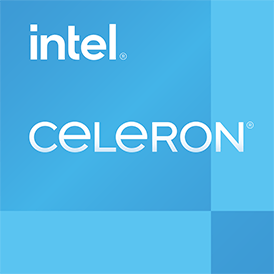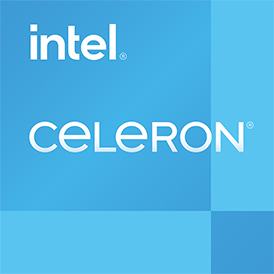
What's the best choice Intel Celeron G3950 or Intel Celeron J1750? Which processor is faster?
We have prepared a comparison to help you choose the best processor. Compare their specifications and benchmarks.
Intel Celeron G3950 has a maximum frequency of 3.00 GHz. 2 Cores. Power consumption of 51 W. Released in Q1/2017.
Intel Celeron J1750 has a maximum frequency of 2.41 GHz. 2 Cores. Power consumption of 10 W. Released in Q3/2013.
 Reasons to consider
Reasons to consider Place in the overall ranking
(based on several benchmarks)
Higher clock speed
Around 20% better clock speed
Common positions Intel Celeron G3950 CPU in popular benchmarks, for comparison with other models.
 Reasons to consider
Reasons to consider Place in the overall ranking
(based on several benchmarks)
Performance per watt
About 0.2 times less performance per watt
Common positions Intel Celeron J1750 CPU in popular benchmarks, for comparison with other models.
 Intel Celeron G3950
Intel Celeron G3950

Background information about the processors being compared, series, generation and market segment.
Basic parameters such as number of cores, number of threads, base and turbo frequency, and cache size. These parameters indirectly tell about the speed of the processor, the higher they are the better.
Internal Graphics does not affect the performance of the CPU, performs the work of the graphics card in its absence or on mobile devices.
Built-in codecs used to encode and decode content. Significantly speeds up the required operations.
Types, channel quantity of RAM supported by Intel Celeron J1750 and Intel Celeron G3950. Depending on the motherboards, higher or lower memory frequencies may be supported.
Compare the TDP requirements of TDP Intel Celeron G3950 and Intel Celeron J1750 to select a cooling system. Note, the TDP value refers to thermal watts, not electrical watts.
Architecture, interfaces, additional instructions supported by Intel Celeron G3950 and Intel Celeron G3950, virtual machine technologies and process technology.
Based on the results of several benchmarks, you can more accurately estimate the difference in performance between Intel Celeron G3950 and Intel Celeron J1750.
Compare the synthetic test values and choose the best processor!